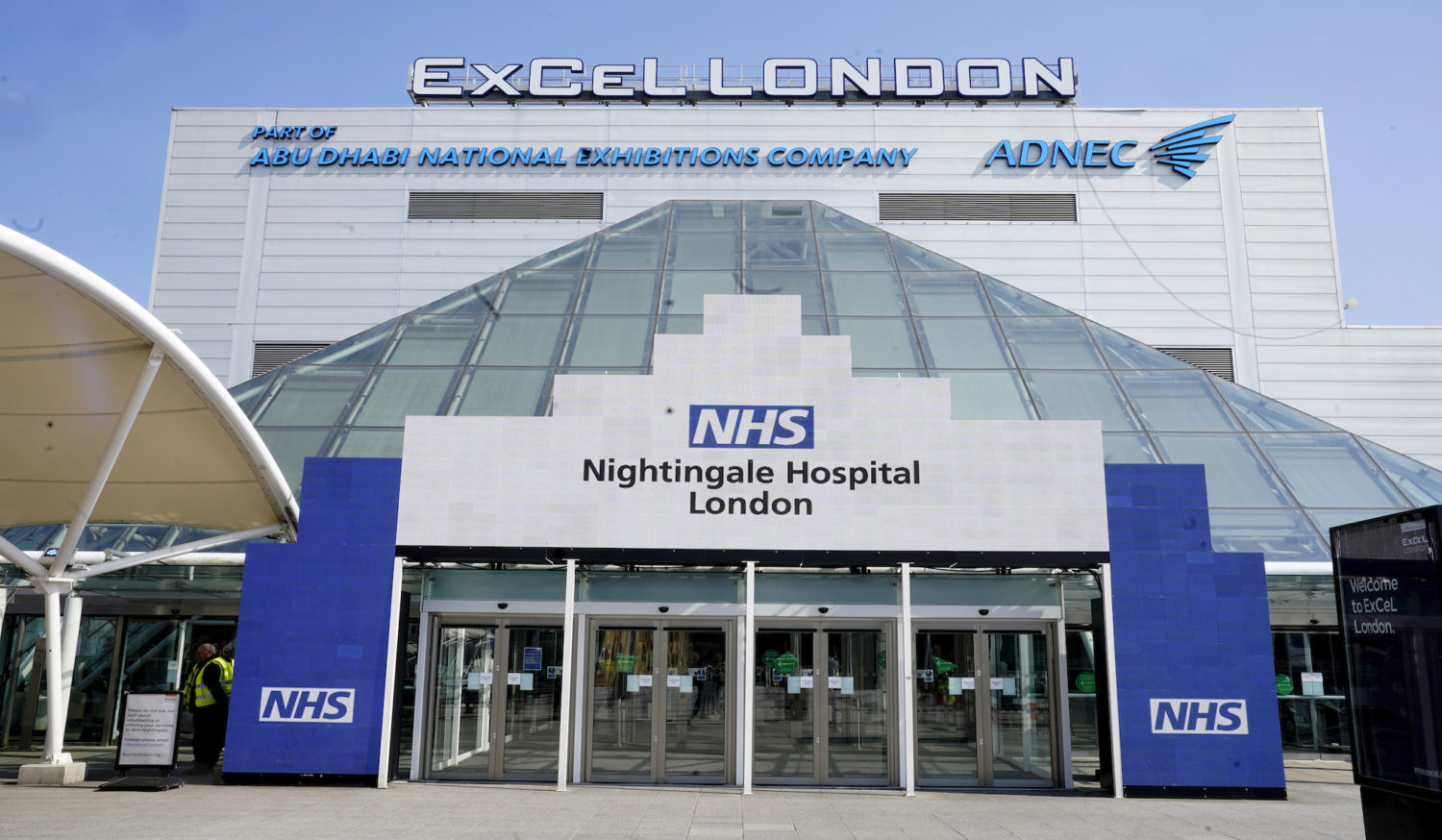Stark warnings
It is no surprise that the NHS is struggling in the face of the Covid-19 crisis, writes Neena Modi.
Applying a stress is a classic approach to identify weaknesses in a system. In real life, stress factors appear unpredictably. The immediate consequences are often tragic, but if there is willingness to learn these natural experiments can drive future improvements in systems and the policies and ideological thinking that underpin them. Covid-19 struck suddenly, exposing weaknesses in healthcare and economic systems worldwide within three months of its first appearance. As lives are lost, the necessary response to the pandemic, involving mass physical distancing, threatens livelihoods further.
A resilient healthcare system delivers reliable care in the face of crises and improves and advances when times are good. The cornerstones of resilience are a strong workforce, sound infrastructure, demonstrable quality of care, and public trust. The NHS provided effective, efficient, equitable healthcare and commanded the respect of the public and the lifelong dedication of a committed workforce. Staff had a shared sense of purpose, pride in their work, decent salaries, national terms and conditions and a secure pension. However, over the last decade, despite increasingly stark warnings of the weaknesses in the NHS, the need for investment in infrastructure, development, service integration and capacity building was ignored. By December 2019, just before Covid-19 struck, there was clear evidence that the NHS was in worse shape than ever, with bed occupancy at capacity, staff vacancies at around 100,000, and more than 4.5 million on waiting lists.
The NHS could have been resilient, but tragically has been the victim of government ineptitude (or skulduggery), a weak political opposition and ineffectual professional leadership. Few appear to comprehend that behind the familiar NHS logo now lies a fragile patchwork of poorly integrated providers each functioning as a business, not as a solid, reliable public service.
The Tories described the 2012 Health and Social Care Act as their ‘biggest mistake’, yet learning no lessons, continued to weaken the NHS on four fronts: chronic underfunding, decimating and demoralising the workforce, isolating preventive and public health from the acute, community and primary care sectors and awarding growing numbers of service contracts to the private sector.
The 2016 junior doctor strikes and 2019 pension debacle, with resulting reliance on locums – the gig economy of healthcare – could have been avoided. Every penny has been needed to firefight acute NHS pressures, including the meagre £7bn of the £140bn 2019/2020 budget earmarked for capital spending. Meanwhile, public health funding was cut and transactional costs rose. The simultaneous encouragement of private healthcare has been further destabilising by drawing workers away from the NHS, diminishing GP budgets as the fit and well register with fee-for-service providers, and cherrypicking simple cases leaving the complex, chronic, and serious ones to the NHS. On top of this, the havoc of Brexit and the Tories’ ‘hostile environment’ policy have made employing staff from abroad increasingly difficult.
There can be only three equally unedifying explanations for such wantonly harmful behaviour. A blind ideological belief in the power of a marketised system to deliver quality, equitable healthcare despite all evidence to the contrary; a desire to profit personally from the rich pickings from the sale of UK healthcare; or total ineptitude. Whatever the reason, the result was that long before Covid-19, the inability to cope with even normal conditions was clear to anyone working in the NHS. As the pandemic began to hit, the implications of a run-down NHS became all too clear. The UK has insufficient staff, equipment, consumables and capacity. The consequences for life and livelihood, as yet unquantified, are a matter of the gravest concern.
The lessons? Funds now being thrown at the NHS should incorporate investment to build future resilience. Above all, the country needs political commitment to health as a crucial element of a nation’s wealth and wellbeing, and to healthcare as an essential public service that functions best as a social contract not a commodity. This also requires competent cabinet responsibility, recognition that health results from far more than healthcare, and a strong opposition to hold ministers to account. Economists must learn to measure and factor health (not healthcare activity) into financial modelling. The media must become much better at unravelling the root causes of struggling systems and informing the public responsibly. Medical leaders must cease shying away from confronting the government and face up to the fact that health is a political issue which they have a collective responsibility to influence. The systems that sustain societies are interconnected; short-termism, be it ignoring climate change, encouraging a zero-hours economy or failing to safeguard the NHS, bites back.
Health is a universal leveller and ultimately we rise or fall together.

